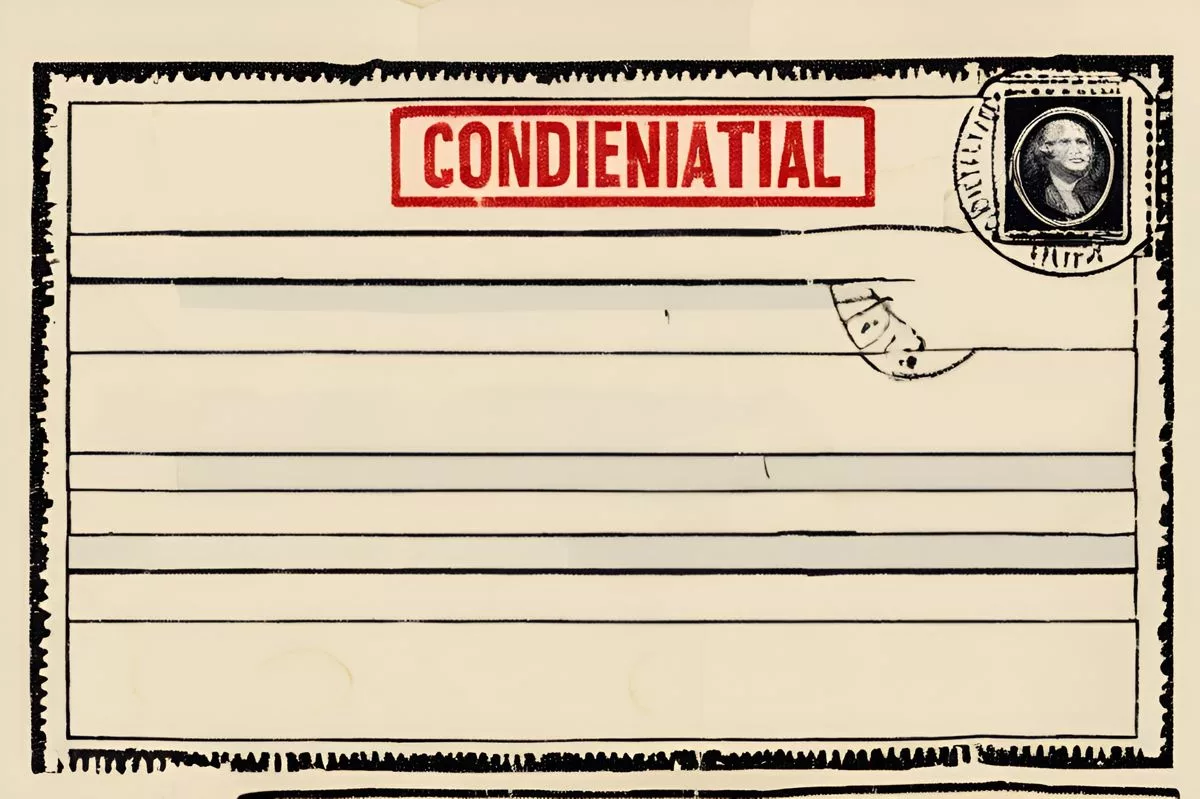South African Minister of Justice Thembi Simelane has been embroiled in a political and financial scandal over a loan she received from Gundo Wealth Solutions, a company implicated in the illegal receipt of funds from VBS Bank. Simelane’s connection to VBS has also caused concern. Critics have questioned why she took such a high-interest loan from Gundo and not a conventional bank loan with lower interest rates. The situation highlights a lack of transparency and possible conflicts of interest in public finances.
What is Simelane’s Financial Scandal in South Africa?
Thembi Simelane, the current Minister of Justice in South Africa, has been involved in a political and financial scandal. At the center of the controversy is a sizable loan she received from Gundo Wealth Solutions, a company implicated in the receipt of illegal funds from the scandal-plagued VBS Bank. The repayment of the loan and Simelane’s connection to the VBS scandal have also caused concern. This situation highlights the possible conflicts of interest and lack of transparency in public finances.
Unraveling the Intricacies
Thembi Simelane, the incumbent Minister of Justice in South Africa, has found herself at the center of a political and financial storm. The Minister has drawn parallel between her sizable loan from Gundo Wealth Investments and the simple act of borrowing money from an acquaintance or kin. This comparison has been met with disbelief and skepticism, with critics such as Democratic Alliance MP Damien Klopper leading the charge.
The intricacies of the situation call for a deep dive into the twisted mesh of associations and financial dealings that surfaced in a Parliament session on a fateful Friday morning. Central to this controversy is Gundo Wealth Solutions, a company implicated in the receipt of illegal funds from the scandal-plagued VBS Bank. Ralliom Razwinane, the proprietor of Gundo Wealth Solutions, is currently standing trial for fraud, corruption, and money laundering stemming from VBS-related offenses.
The Controversial Loan
In the year 2016, while serving as the mayor of the Polokwane municipality, Simelane was granted a loan amounting to R575,600 by Gundo Wealth Solutions. Gundo, at this time, was playing the role of the municipality’s service provider and was neck-deep in facilitating an alleged investment deal with VBS. It was later discovered that the Polokwane municipality had invested a whopping R349 million in the bank, which was against the law.
Simelane’s loan has been characterized as a mashonisa-like loan, a term coined to describe loans that carry unrealistically high interest rates. Simelane faced intense grilling from the MPs about her decision to avail such a high-interest loan from Gundo, as opposed to opting for a conventional bank loan with lower interest rates. To this, she responded by stating that she had been under the impression that Gundo Wealth Solutions was a licensed financial service provider.
Questions on Loan Repayment
The repayment of the contentious loan has sparked considerable discussion. Simelane claims to have paid off the loan with R849,000 in 2002, a whole four years post the loan issuance. However, she failed to present the MPs with any concrete evidence of this payment or a loan agreement with Gundo. Regardless, she reassured them that the loan contract and the proof of payment had been included in the report requested by President Cyril Ramaphosa.
According to reports, Simelane repaid the loan in three parts from her personal FNB account, which included over R250,000 in interest. This assertion was backed by a statement issued by the Department of Justice and Constitutional Development during her Parliamentary appearance. The statement confirmed that a proof of payment does exist.
The VBS Scandal Link
Simelane’s connection to the VBS scandal is characterized by attempts to dissociate herself from the bank looting and the subsequent financial damage inflicted on its depositors. She told the MPs, “I loaned from Gundo, not from VBS. My contract was with Gundo, not VBS.” However, she expressed remorse for the harm inflicted on the residents of Venda, many of whom are pensioners who had entrusted the bank with their life savings.
The current state of affairs serves as a stark representation of the intertwining of politics, authority, and finance. It reminds us of the possible conflicts of interest that can surface when personal and public finances intermingle. This situation also brings into question the accountability and transparency of those in power, and the effectiveness of the mechanisms in place to protect public funds from potential misuse.
1. What is Simelane’s Financial Scandal in South Africa?
Thembi Simelane, the current Minister of Justice in South Africa, has been involved in a political and financial scandal. At the center of the controversy is a sizable loan she received from Gundo Wealth Solutions, a company implicated in the receipt of illegal funds from the scandal-plagued VBS Bank. The repayment of the loan and Simelane’s connection to the VBS scandal have also caused concern. This situation highlights the possible conflicts of interest and lack of transparency in public finances.
2. Who is Gundo Wealth Solutions and what is their connection to Simelane’s loan?
Gundo Wealth Solutions is a company that granted a loan amounting to R575,600 to Thembi Simelane in 2016 while she was serving as the mayor of the Polokwane municipality. Gundo was playing the role of the municipality’s service provider and facilitated an alleged investment deal with VBS. Gundo’s owner, Ralliom Razwinane, is currently standing trial for fraud, corruption, and money laundering stemming from VBS-related offenses.
3. Why are critics concerned about Simelane’s loan from Gundo and not a conventional bank loan?
Critics have questioned why Simelane took such a high-interest loan from Gundo and not a conventional bank loan with lower interest rates. The loan has been characterized as a mashonisa-like loan, a term coined to describe loans that carry unrealistically high interest rates. This situation highlights the possible conflicts of interest and lack of transparency in public finances.
4. Was Simelane able to repay the loan from Gundo?
Simelane claims to have paid off the loan with R849,000 in 2002, a whole four years post the loan issuance. However, she failed to present the MPs with any concrete evidence of this payment or a loan agreement with Gundo. Regardless, she reassured them that the loan contract and the proof of payment had been included in the report requested by President Cyril Ramaphosa. According to reports, Simelane repaid the loan in three parts from her personal FNB account, which included over R250,000 in interest.
5. What is Simelane’s connection to the VBS scandal?
Simelane’s connection to the VBS scandal is characterized by attempts to dissociate herself from the bank looting and the subsequent financial damage inflicted on its depositors. She told the MPs, “I loaned from Gundo, not from VBS. My contract was with Gundo, not VBS.” However, she expressed remorse for the harm inflicted on the residents of Venda, many of whom are pensioners who had entrusted the bank with their life savings.
6. What does Simelane’s financial scandal say about the transparency and accountability of those in power?
The Simelane financial scandal highlights the possible conflicts of interest that can surface when personal and public finances intermingle. The situation brings into question the accountability and transparency of those in power and the effectiveness of the mechanisms in place to protect public funds from potential misuse.












